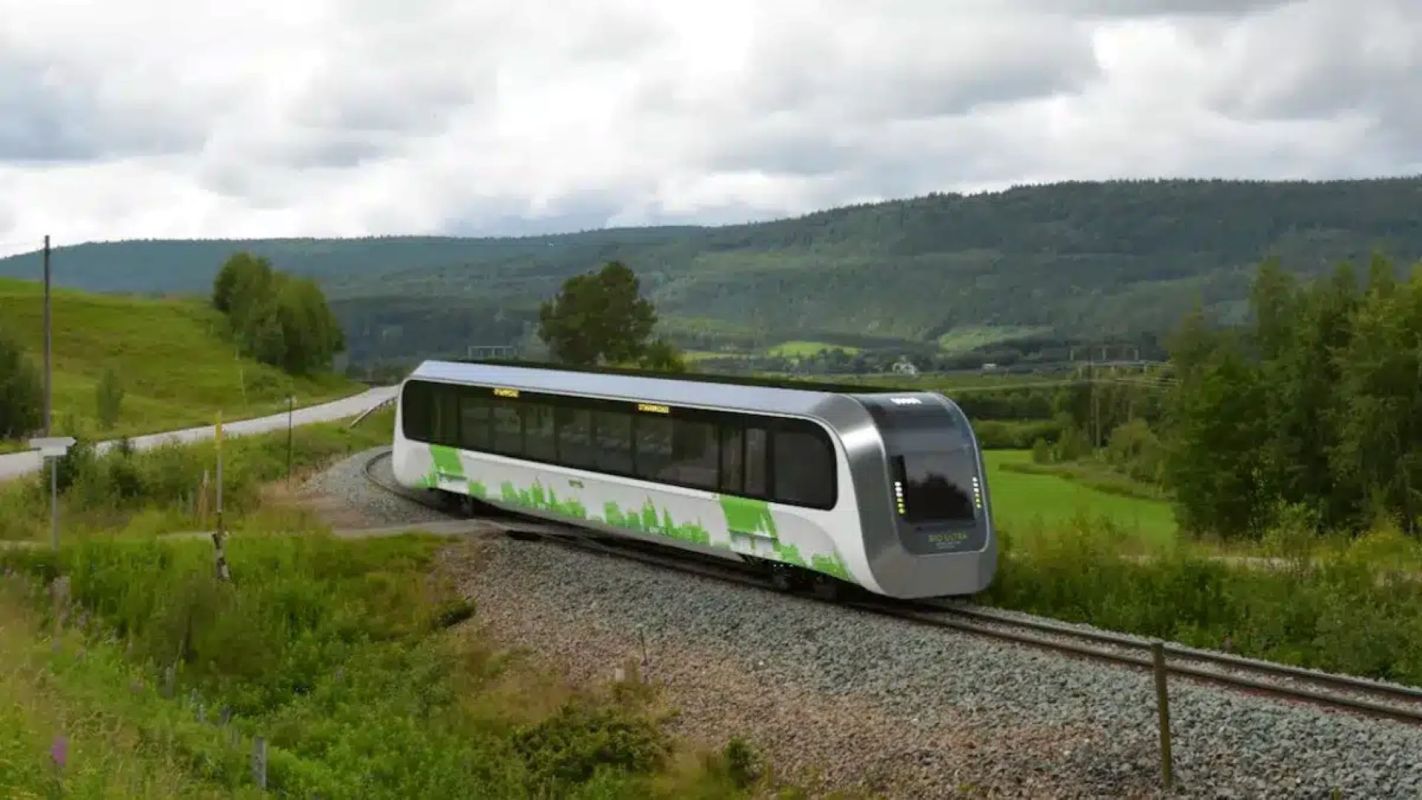A novel alternative to dirty fuel could soon be used to power trains in the United Kingdom, but the energy source for this potential technology can also be described as, well, dirty.
Biofuel created from sewage, animal waste, and farming crop residue is propelling carriages from Ultra Light Rail Partners, which secured a £60,000 (about $76,850) grant from the country's government in 2020.
As The Independent reported, some 120 passengers can travel in the BioUltra train, which will run on existing lines that are set to be reopened.
🗣️ Would you want a high-speed railway in your state?
🔘 YES 👍
🔘 NO 👎
🗳️ Click your choice to see results and speak your mind
Critics of biofuel observe that it still has the potential to release planet-warming gases into the atmosphere. But since this waste is being produced anyway, supporters say it is just repurposing something that already exists rather than mining or drilling for dirty energy sources and causing environmental damage.
A prototype train was tested in July 2020, and the intention is to replace existing trams and city trains with the technology.
"This really is a vote of confidence in our business which is fully focused on providing lightweight affordable railcar travel as a comfortable, modern, reliable and safe alternative to travelling by car," chair of Ultra Light Rail Partners Beverley Nielsen said in a 2020 statement.
"We want to be able to offer this option to larger towns and smaller cities around the UK so they can realistically take polluting vehicles out of their city and town centres improving quality of life for all."
Nielsen also cited data that says reducing particulate matter pollution — produced from the exhaust pipes of dirty-fuel-powered cars — by 50% could prevent 925 deaths a year in the West Midlands region, which is one area where the BioUltra train might be rolled out.
A February 2023 study published by the JAMA Network revealed people exposed to 12 micrograms of fine particle pollution per cubic meter of air have an increased risk of heart attack and are 16% more likely to die from heart disease than those exposed to less than eight micrograms.
Trains are typically better for the environment than cars, anyway. According to data from the UK government, shared by Our World In Data, national rail and trams produce 35 grams (1.2 ounces) and 29 grams (one ounce) of carbon dioxide per kilometer (0.6 miles), respectively, while a car running on petrol produces 171 grams (six ounces) per kilometer.
When it comes to short-haul transportation, trains and trams would be a far better way to travel to avoid the production of planet-warming pollution and particulate matter. If these carriages run on biofuel rather than diesel, the benefits could be even greater.
Join our free newsletter for weekly updates on the coolest innovations improving our lives and saving our planet.









